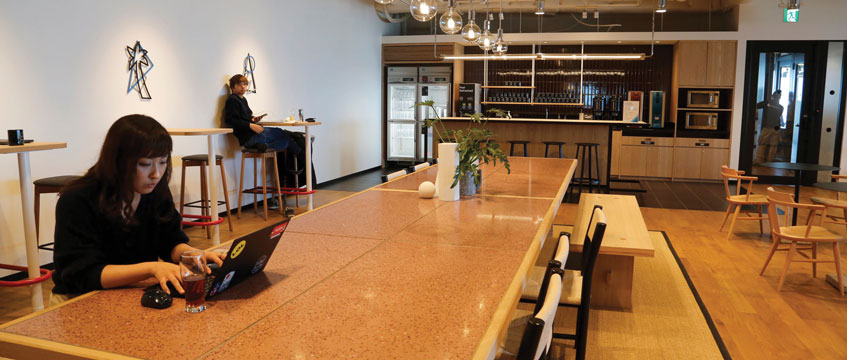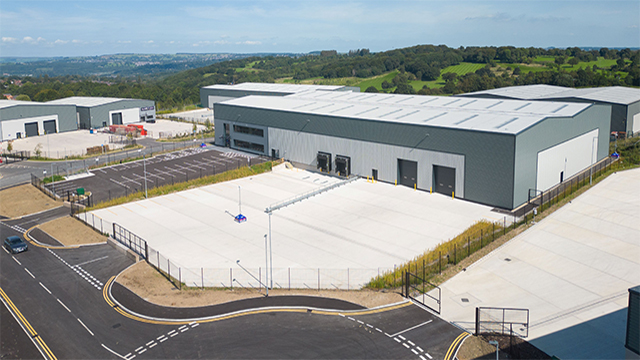Flexible working company Workspace has seen the strongest post-lockdown recovery in office inquiries, viewings and lettings in central London, compared with outer boroughs.
Chief financial officer David Benson told EG that although Workspace sites in the West End and the City had initially been hit hardest of all its locations, central offices were now enjoying business on par with pre-Covid levels.
“Last year we certainly saw the biggest reduction in enquiries, viewings and lettings in central London, compared to outer areas,” he said. “But that seems to have reversed now, and enquiries, viewings and lettings are back to pre-Covid levels.”
In March, Workspace saw 1,172 enquiries and 150 new lettings across its portfolio. During the financial year before Covid-19 struck, it had an average of 1,087 enquiries and 121 lettings per month.
The figures suggest that a predicted exodus of businesses from central London in favour of suburban areas has been overstated, and will encourage flexible office landlords which have the bulk of their portfolio in the West End and the City.
Mark Dixon, chief executive of flex giant IWG, has been among the most vocal business leaders to predict that “a significant portion” of the UK workforce would switch to working in suburban or rural areas.
Workspace’s Benson told EG: “Some of our customers certainly like to work close to home, and we certainly have some customers who are local to our centres.
“But equally, the reason the offices are important for a lot of our customers is as a place to establish their brand, and critically to attract and retain key people – and those people may come from across London. Therefore it is important to have that central presence that everybody can get to.”
His comments came as Workspace reported a £235.7m statutory loss for the year to the end of March, compared with a profit of £72.5m a year earlier. The value of its portfolio dropped by a tenth over the pandemic year to £2.32bn. Occupancy fell 11.7% to 81.6%.
Hybrid working ‘already common’
Benson added that Workspace’s main customer base of small and medium-sized businesses are likely to be relatively unaffected by a nationwide switch to hybrid working as lockdown restrictions lift.
He said that as a result, the landlord was not concerned about its occupiers shedding office space en masse – a factor that is still troubling other listed property owners.
“If you had come into one of our centers before the pandemic on a Monday or a Friday, you probably would have already seen 20%-25% fewer people around than you would on a Tuesday to Thursday. I think our customers are already used to that sort of flexible working,” he said.
“The reason people come to the office will not be for that 9-5. It will be to come and collaborate, and interact with their colleagues within the workplace more effectively.
“If they’re coming in to collaborate, they will still need the same amount of space, even if they are not in the office some days.”
A recent survey of Workspace’s customers indicated that 63% expected their office space requirements to stay the same over the next year. 25% said they would need more space, while 12% said they would need less.
That stands in contrast with a recent PwC survey of some of the country’s largest companies, which found that more than half expect to reduce the size of their real estate portfolio. Of these, one-third believe they will reduce their office footprint by more than 30%.
To send feedback, e-mail alex.daniel@eg.co.uk or tweet @alexmdaniel or @EGPropertyNews











